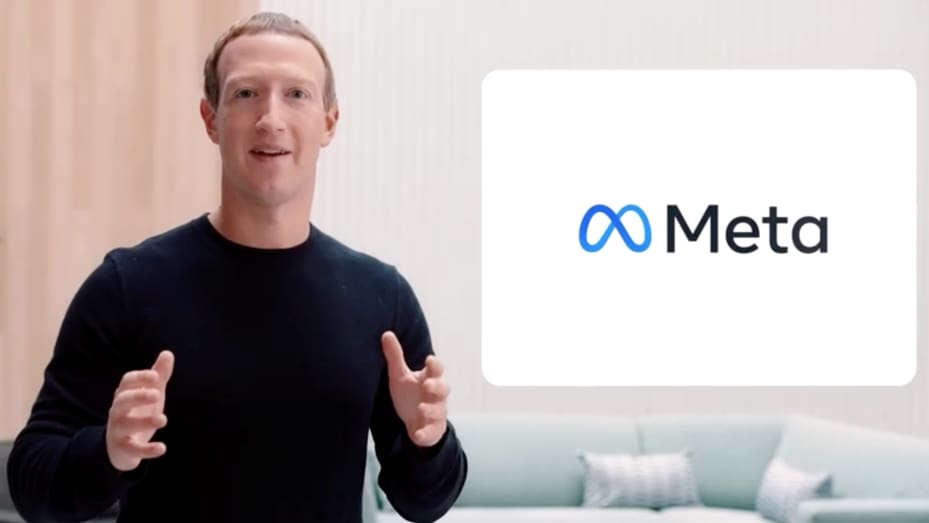

Mark Zuckerberg's plan to build his owncryptocurrencies is falling apart.
The Diem Association, which oversees development of the Diem digital currency, is considering a sale in order to return capital to its investors, according to a report.
The Diem Association declined to comment. Meta did not respond to a request for comment.
Diem is in talks with investment bankers about how to monetize its intellectual property in order to capture whatever value is left. The company is trying to find a new home for the engineers who developed the technology, according to sources.
There is no guarantee that Diem will find a buyer. Even if they do, it's not clear how they would value the project's intellectual property or the engineers who developed it.
A person with knowledge of the situation says that Meta owns about a third of the venture, and the rest is owned by association members.
Since it was first announced in June, the project has been stymied by drama.
At the time, the coin was called a stable coin, which is a subset of cryptocurrencies that have a value pegged to a real-world asset, such as a dollar or gold. The initial plan was for a universal currency to be tied to a basket of major currencies and government debt.
The project was immediately met with opposition from central bankers and politicians, who were worried that it would be a rival to the U.S. dollar. In the wake of regulatory backlash, the project pivoted to the idea of launching multiple stablecoins, each of which would be pegged to a fiat currency.
The DiemUSD stable coin is a U.S. dollar-backed coin.
The project followed a somewhat convoluted chain of ownership and suffered an exodus of corporate partners and top-level executives.
Visa, Mastercard, and PayPal abandoned the project as the Meta chief headed to Capitol Hill to defend the project. In November of last year, David Marcus, the head of Meta's cryptocurrencies efforts, announced that he would be leaving.